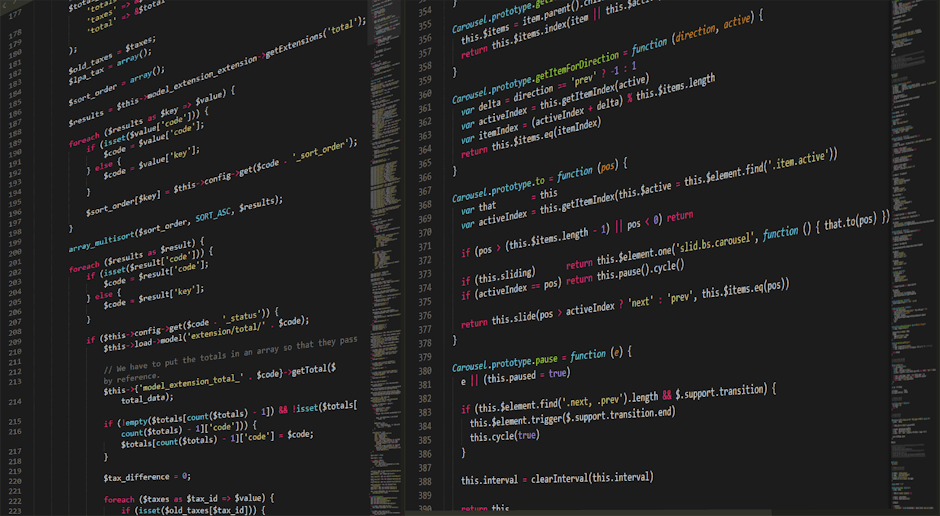
You have a website. Great. But it feels a bit like a billboard in the desert right? Just sitting there, hoping someone stumbles upon it. You know you need to get in front of people, but how?
This is where you’ve probably heard about Google Ads. And specifically, you’ve heard about search campaigns. It sounds technical and maybe a little scary.
But it’s really not. Think of it as putting your business right on the busiest street corner in the world, at the exact moment someone is looking for a shop just like yours. That’s basically it.
This post is going to break down what a search campaign in Google Ads actually is for 2025. No jargon, no fluff. Just the straight goods on how it works and why you might need one.
So, What Exactly is a Google Ads Search Campaign?
Alright, let’s just get right into it. A search campaign is a type of ad you can run on Google. The most common type, really.
It’s the system that Google has, which is considered to be the main way businesses get their text ads to show up right at the top of the search results page.
You know, when someone types something they’re looking for into that little white box.
Imagine you own a bike shop in Boston. Someone goes to Google and types “bike repair near me”. Your ad could pop up first. That’s a search campaign at work.
The whole point is to catch people when their intent is super high. They are actively searching for a solution to a problem you can solve.
It is this intent that makes search campaigns so powerful. You aren’t interrupting them. You’re helping them.
The Moving Parts of a Search Campaign (The Stuff You Actually Do)
Okay so what’s actually in one of these things? A campaign isn’t just one single ad. It’s more like a container with a bunch of different bits and pieces working together.
It is made up of a few main components that you have to set up and manage.
Keywords: The Heart of the Matter
This is the big one. Keywords are the words or phrases people type into Google that you want your ad to show up for. It’s the foundation of everything.
For our Boston bike shop, keywords could be:
boston bike shop
bicycle tune-up boston
buy a new helmet near me
You have to think like your customer. What would they type? It’s that simple, and also that complicated.
There are different “match types” too. This just tells Google how close a person’s search has to be to your keyword. It can be super specific or pretty general.
And then there are negative keywords. These are just as important. You tell Google what you don’t want to show up for. Like “free bike repair” maybe.
Ad Copy: Your 3-Second Pitch
This is the actual text ad that people see. You don’t have a lot of space, so you have to make it count. It’s basically your tiny, little advertisement.
It normally consists of a few headlines and a couple of short description lines. This is where your ads you actually write them.
The goal is to be relevant to the keyword they searched and have a clear call to action. Tell them what to do! “Book a Repair Now” or “Shop Our Spring Sale.”
You can also add extra bits and pieces to your ads. Things like your phone number, location, or links to specific pages on your site. These just give people more info.
Bidding and Budget: How You Pay to Play
This is the part that scares people, the money part. But it’s not so bad once you get it. You don’t just pay to be at the top. You enter an auction.
Every time someone searches for one of your keywords, Google runs a super-fast auction between you and all the other advertisers who want to show up.
But it’s not just about who bids the most money. Google also has a thing, a quality score basically, that looks at how good and relevant your ad and landing page are.
You set a daily budget, which is the most you’re willing to spend per day, normally. You only pay when someone actually clicks on your ad. This is called pay-per-click, or PPC.
Why Bother with Search Campaigns in 2025? Is It Still Worth It?
Short answer: yes. The way people find information hasn’t really changed that much. When we need something, we still go to Google and ask.
The power is still in that user intent. Someone searching for “emergency plumber” has a problem that needs fixing now. Being the first result is a huge advantage.
In 2025, Google’s AI and automation are getting much better too. This can be a good thing. The system can help you find keywords and write ads.
But you can’t just set it and forget it. You still need a human to guide the machine and make sure it’s not spending your money on silly things.
Plus, you can track almost everything. You know which keywords lead to clicks, and which clicks lead to sales. This kind of data is gold for any business owner.
Common Mistakes People Make (And How to Not Make Them)
It’s easy to waste money with Google Ads if you’re not careful. People generally make the same few mistakes when they’re just starting out.
Here are a few big ones to watch out for.
Sending Everyone to Your Homepage: Don’t do it. If someone clicks an ad for “red running shoes,” send them to the page with red running shoes. Not your homepage. Make it easy for them.
Forgetting About Negative Keywords: You’ll end up paying for clicks from people who are not your customers. If you sell high-end furniture, you might add “cheap” and “free” as negative keywords.
Writing Vague, Boring Ads: Your ad needs to stand out. Be specific. Mention a sale, a benefit, or what makes you different. Don’t just say “We Sell Shoes.”
Ignoring the Campaign After Launch: You have to check in. See what’s working and what’s not. Pause the bad keywords, double down on the good ones. It needs attention.
Frequently Asked Questions (FAQ)
What is a search campaign in Google Ads?
A search campaign is a feature in Google Ads that lets you place text ads on Google’s search results pages. It works by having you bid on keywords that are related to what you sell, so your ad appears when someone is actively looking for it.
How much does a Google search campaign cost?
There’s no single answer. The cost depends on your industry, the keywords you target, and your competition. You set your own daily budget and only pay when someone clicks your ad, so you are in control of the spending. It could be a few dollars a day or thousands.
Are search ads the same as display ads?
No, they’re different. Search ads are text-based and show up on the search results page when people are looking for something specific. Display ads are usually image-based and appear on other websites across the internet, sort of like a digital banner ad.
Can I run a search campaign by myself?
You certainly can. Google’s platform is designed for self-service. There is a learning curve, and it’s easy to make mistakes that cost money at the start, but with some research and patience, many small business owners manage their own campaigns.
Does my ad always show up if I bid on a keyword?
Not necessarily. It’s an auction. Your ad’s position depends on your bid amount and your Quality Score, which is Google’s rating of your ad’s relevance and quality. Your competitors are also bidding, which affects whether you show up.
Key Takeaways
A search campaign puts your text ads in front of people who are already looking for what you offer on Google.
The whole thing is built on keywords—the terms you think your customers are typing into the search bar.
It’s not just about paying the most money; Google also cares about how relevant and good your ad is.
You control your budget and only pay when someone is interested enough to click on your ad.
Don’t just launch it and walk away. A good campaign needs to be checked on and adjusted over time to work well.






